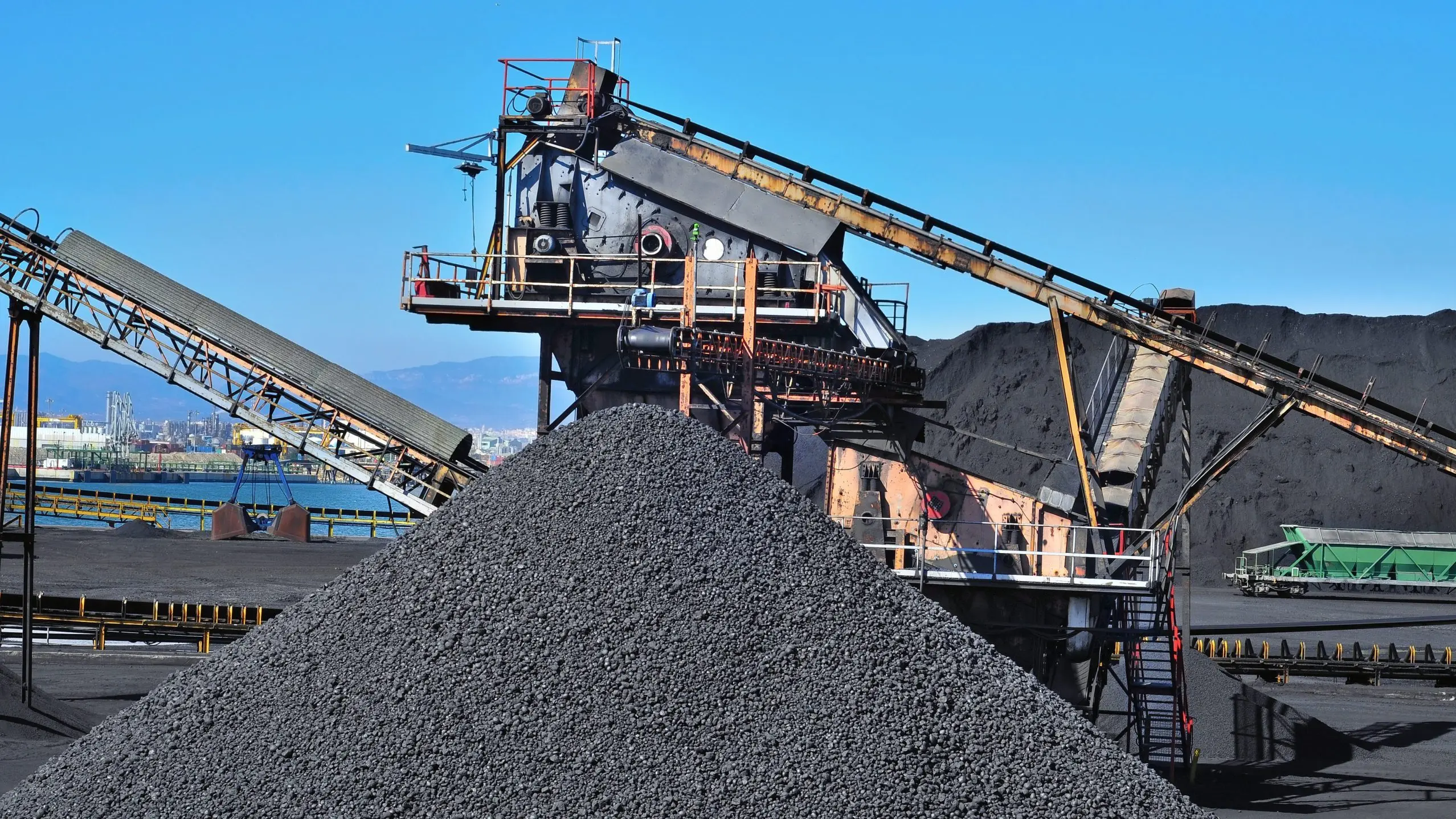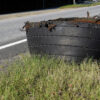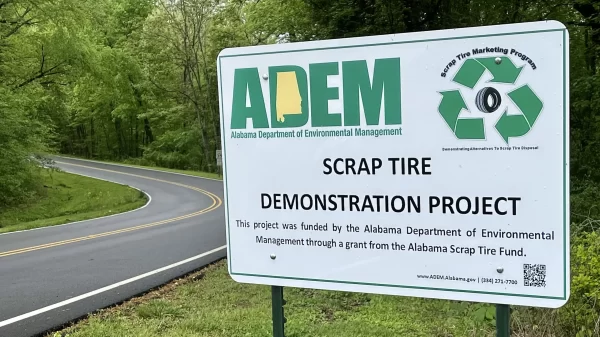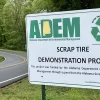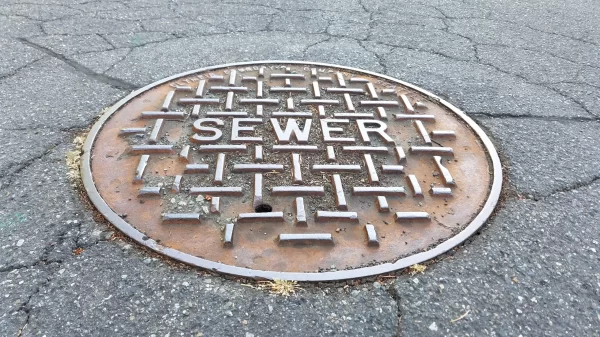|
Getting your Trinity Audio player ready...
|
On Thursday, the EPA issued its final decision to deny Alabama’s coal combustion residuals permit program submitted by the Alabama Department of Environmental Management in 2021 since they were far more lenient than the federal law requires. The Resource Conservation and Recovery Act gives the EPA the authority to control hazardous waste from its creation to its disposal.
States submitting applications must provide permit programs with prior approval and show that they are holding up the federal regulations before they can operate in place of the federal program. States are not required to create their own permit programs.
In August, the EPA proposed the denial of Alabama’s program. There was a 60-day period for those with concerns about the program to voice them through public hearings, online or in-person, in September of 2023.
Coal ash is the byproduct of burning coal in power plants. Without properly disposing of the waste, it can seep into waterways and pollute anything from our drinking water to the air we breathe. Coal ash contains chemicals like mercury and arsenic which are linked to cancer and other serious health issues.
While Alabama’s coal-fired generating plants used to contribute much more to the state’s net electricity generation, as of 2022, they still made up 18 percent of its generation.
The EPA expressed explicit concerns about coal ash stored in unlined ponds and groundwater monitoring networks. Federal regulations require that coal ash units be sealed to prohibit any of these byproducts from leaking into the surrounding groundwater. Alabama’s permit program did not address this issue.
Before even submitting their application for their CCR permit program, ADEM had issued six permits implementing their program. Since applying, ADEM has issued two more permits, one of which came after the EPA had vocalized concerns about how thoroughly the ADEM was implementing the regulations and had advised that the ADEM revise the permit to address these concerns.
In Alabama, there are 117 million tons of coal ash in unlined ponds at nine sites. Utility companies responsible for these pits attempt to alleviate the issue of unlined ponds with a process called cap-in-place. Cap-in-place methods simply apply a synthetic top layer to the ponds after draining the water, leaving it unlined at the bottom.
Other southern states like Georgia and Tennessee have begun moving coal ash away from vulnerable communities and more upland to lined landfills. Groups like Alabama River Alliance have called on utility companies to do the same at their facilities.







































